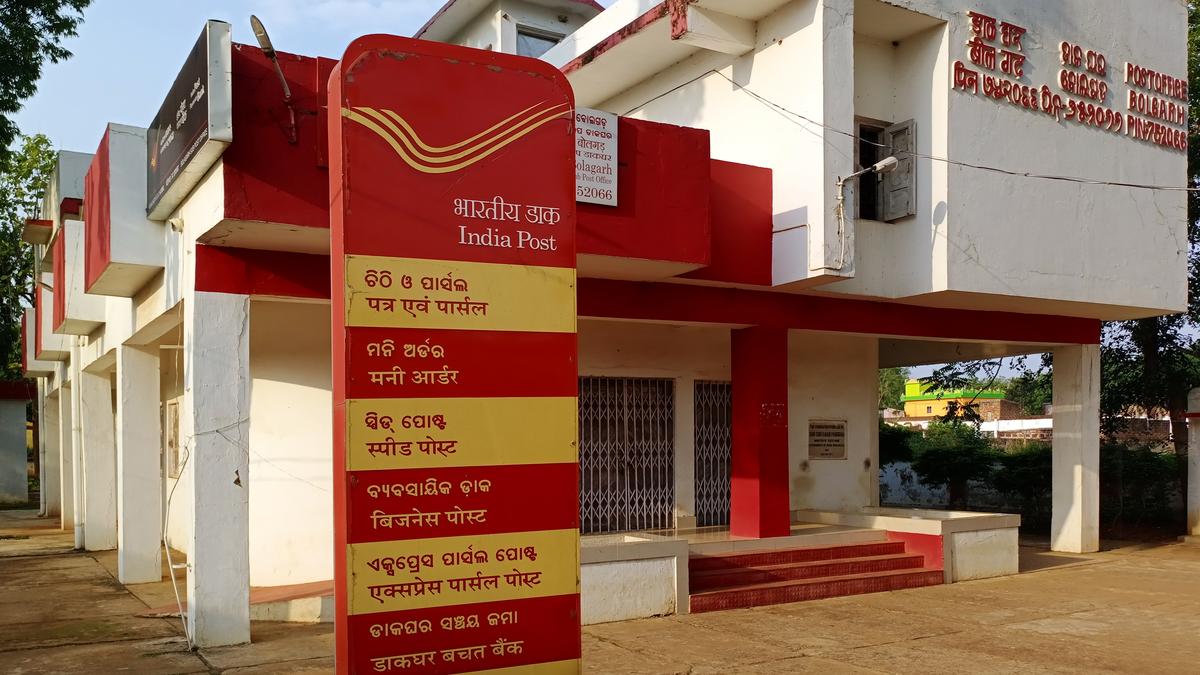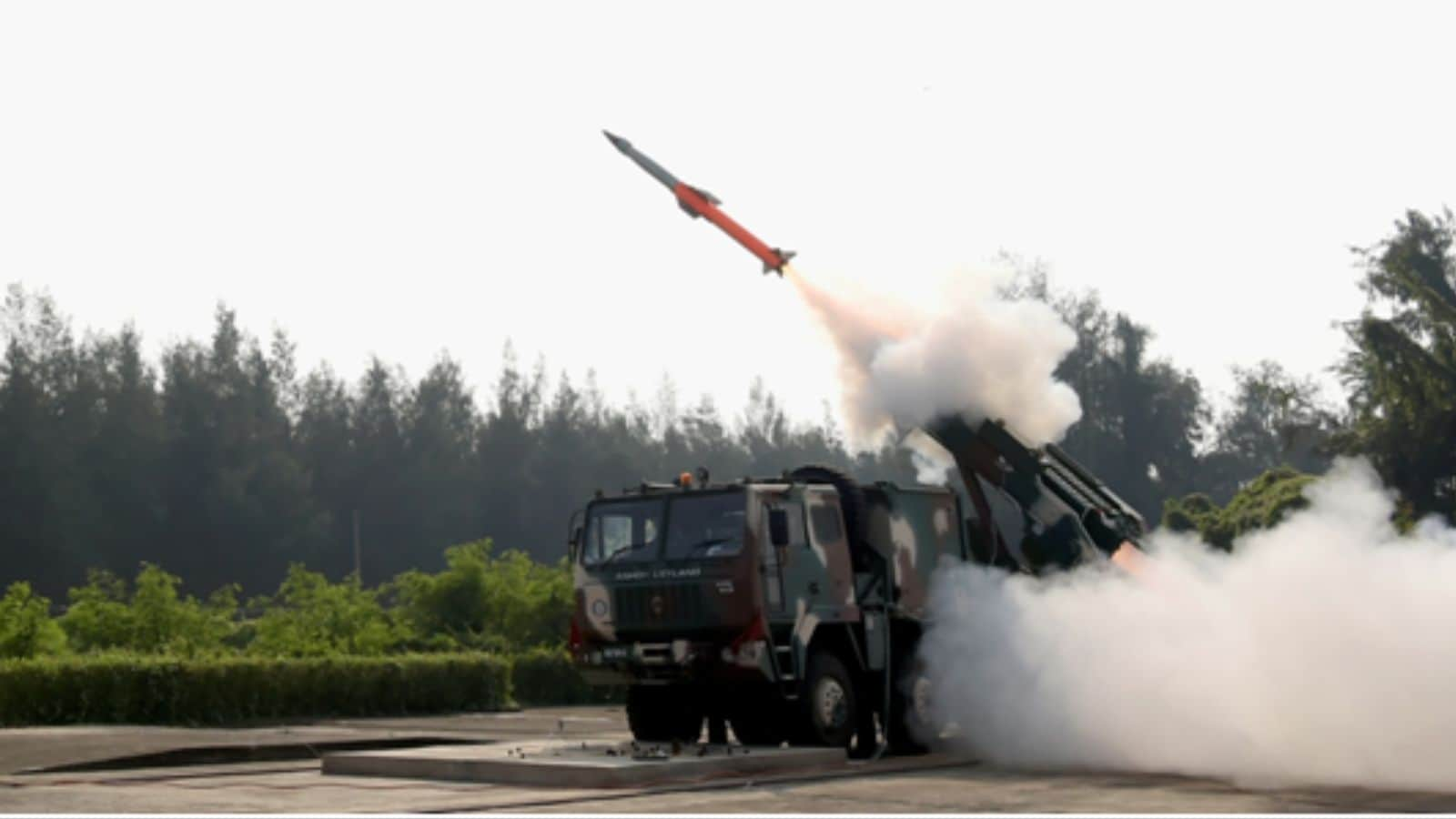Calls are growing for the establishment of a permanent National Commission for Denotified, Nomadic, and Semi-Nomadic Tribes with the issue finding primacy in discussions at the National Conference of DNTs held this week in New Delhi, where Bharatiya Janata Party OBC Morcha chief K. Laxman met with community leaders from all over the country.
At the “Rashtriya Sammelan”, Mr. Laxman was presented with a consolidated list of demands from the community leaders of various DNT communities, at the top of which was the call to set up a permanent National Commission for the communities that had been declared “criminal” under the erstwhile colonial government.
The National Conference was put together by members of the Development and Welfare Board for Denotified, Nomadic, and Semi-Nomadic communities, who spoke of the importance of the work done by the Idate Commission, the last National Commission that was set up to investigate the issues of the community.
The Commission headed by Bhiku Ramji Idate had submitted its report on actions to be taken for the protection and development of DNT communities in 2018, which included completion of classification of these communities, and setting up a permanent National Commission for them on the lines of the National Commissions for SCs, STs, and OBCs.
Community leaders from various States in northern India like Uttar Pradesh, Haryana, and Madhya Pradesh, urged Mr. Laxman to take up their issues, especially the demand for a permanent National Commission, on the floor of the House and with the Government.
Report shelved: activist
In a letter submitted to the BJP leader and Rajya Sabha MP, Uttar Pradesh-based DNT rights activist B.K. Lodhi has alleged that despite the Idate Commission’s recommendation to set up the Commission, the government had “shelved” its report, further forming a “toothless development and welfare board, which has become a mere joke”, referring to the DWBDNC, which was set up in 2019 by the Union government.
Mr. Lodhi told The Hindu, “The Board is set up under the Societies Act. It requires quorum for any of its decisions to matter and not be challenged. How will the Board have quorum when there is no permanent Chairperson appointed?” Currently, the Board has two Members appointed — BJP leaders Pravin Shivajirao Ghuge and Bharatbhai Babubhai Patni, with the Social Justice Secretary holding the post of Chairperson.
After attending the conference, Mr. Laxman posted a statement on his social media, saying: “Honoured to attend the DNT Rashtriya Sammelan at Lok Kala Manch, New Delhi, as Chief Guest. The Sammelan highlighted key initiatives for the empowerment of Vimukt, Ghumantu, and Ardha-Ghumantu communities. Committed to ensuring dignity, opportunities, and inclusive development for all.”
Mr. Lodhi, who also assisted Mr. Idate while he served on the National Commission, added, “The NITI Aayog and almost all government ministries had agreed in principle to the formation of a permanent Commission for DNTs. But suddenly, we saw that the government said there is no need for it.”
He said that the government’s argument was simple. “Since they believed that most of the DNT communities could already be classified as SC, ST, OBC, they thought a separate Commission may not be necessary. And this bad faith argument is what led to the formation of the DWBDNC, which has no power.”
The Idate Commission’s report had also conducted work on classifying DNT, NT, and SNT communities to the best of its capabilities. In the report, the Commission had identified about 1,200 DNT, NT, and SNT communities from across the country, who had been classified as either SC, ST, or OBC. Further, it had said that classification of about 269 communities was pending.
After the Idate Commission submitted its report, the Union government enlisted the NITI Aayog to work on classifying the remaining communities. While this classification work was completed by the Anthropological Survey of India in one of the largest ethnographic studies it has ever undertaken, this report remains to be formally submitted to the government’s Social Justice Ministry.



.png)
.png)
.png)
















 2 hours ago
8
2 hours ago
8








 English (US) ·
English (US) ·